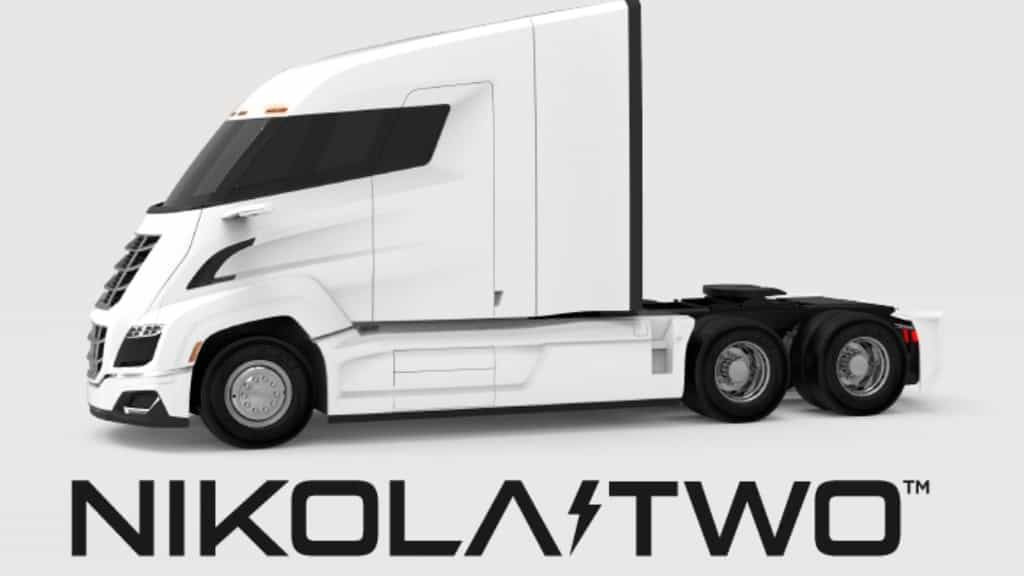Nikola expects that the Inflation Reduction Act (IRA) will enhance efforts in establishing a hydrogen network for fuel-cell trucks.
60 Hydrogen Stations By 2026
The company said late last week it plans to bring 60 hydrogen stations by 2026, aided by IRA’s incentives and state-level incentives to lower costs, as per Green Car Reports.
“Some work is already underway,” the company noted.
According to a press release, Nikola bought a land parcel in Buckeye Country, Arizona, for a ‘hydrogen production hub’ that’s proven to be controversial among environmental groups.
In addition, Nikola has a 20 percent stake in Wabash Valley Resources (WVR), a hydrogen producer Nikola plans to use in supplying vehicles operating in Midwest. The company also announced three hydrogen stations in California locations in August.
The manufacturer reiterated that the financial picture of these operations began to look better thanks to the IRA.
The company pointed out a few tax credits in the legislation, including an extended Carbon Sequestration Credit it expects WVR to take advantage of, extensions of the Investments Tax Credits for renewable energy and hydrogen manufacturing, and a Clean Hydrogen Production Tax Credit that pays $3 per kg of hydrogen produced.
Furthermore, the automaker also expects cost savings through IRA’s Alternative Fuel Refueling Property Credit, which offers up to $100,000 for each unit of hydrogen dispensing equipment.
For instance, California’s Low Carbon Fuel Standard also provides credits for dispensed hydrogen, having it more cost-competitive with diesel. Oregon passed a similar program, while Washington state plans to set launch one in 2024, Nikola noted.
Other Incentives for Sales and Vehicle Manufacturing
Other incentives also apply to sales and vehicle manufacturing. The company believes its Coolidge, Arizona, factory will be able to qualify for grant funding of $10 per kilowatt-hour for producing battery modules (both fuel-cell and battery-electric trucks) under the Advanced Manufacturing Production Credit and the $10 billion Advanced Energy Project Credit program.
According to Nikola, truck consumers could have a Commercial Clean Vehicle Credit of up to $40,000.
The announcement shortly followed after Nikola founder Trevor Milton was found guilty of four counts of securities fraud. Trevor Milton resigned from the company in 2020. He was charged after complaints of misleading investors with what seemed like an unrealistic business plan for commercial trucks and pickup called the Badger.
The company looked at fuel cells and established hydrogen infrastructure as two of its strengths but didn’t demonstrate them further. However, the manufacturer negotiated a potential deal with General Motors to make the Badger and provide fuel-cell technology.
With the deal eventually falling apart, Nikola switched to its ‘base plan,’ canceling the Badger and turning its attention to Bosch instead of GM for fuel-cell components.
It was recently unveiled that the Badger fuel-cell pickup would almost entirely depend on GM components.

